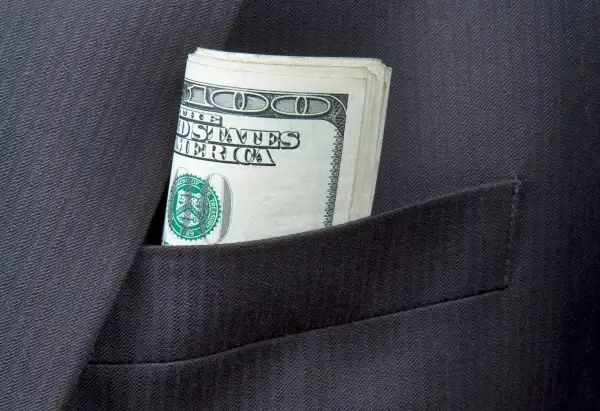Killing Obamacare Also Means a Massive Tax Cut for the 1%
Money is not a client of any investment adviser featured on this page. The information provided on this page is for educational purposes only and is not intended as investment advice. Money does not offer advisory services.

The Republican campaign promise to end Obamacare could make it harder for millions of poor and middle-class Americans to buy health insurance. But it would also mean a big tax cut for the wealthy, with richest 0.1% pocketing an extra $197,000 on average, according to a new report from the Tax Policy Center.
During the campaign, President-elect Donald Trump frequently promised to repeal the Affordable Care Act -- better known as Obamacare -- which he accused of inflating healthcare costs and limiting consumers' choices. With Republicans now ready to take power in Washington, that's led to worries that as many as 20 million Americans could lose their insurance, depending on what Trump and his allies in Congress ultimately come up with to replace it.
But Obamacare isn't just a health insurance program. It also involves a slew of tax provisions designed to make the program work. These include the penalties to persuade individuals buy insurance and encourage employers to sponsor adequate plans for workers; they also include subsidies to help low- and middle-income Americans afford insurance on government exchanges.
Now the Tax Policy Center, a centrist Washington think tank, has parsed just how repealing the Affordable Care Act might actually play out -- from a tax perspective. The upshot: In addition to any effects on Americans' access to healthcare, repealing President Obama's signature proposal would make the tax code significantly less progressive.
Winners and Losers
On average, low- and middle-income Americans would see a modest net gain if Obamacare were eliminated -- about $80 a year for those earning $48,000 to $83,000. But that's an average, and conceals very different outcomes, depending on whether or not someone is currently receiving a subsidy to purchase an Obamacare health plan.
The vast majority who do not get a current subsidy -- more than 90% -- would get a small gain of about $110. Yet the minority who would lose one of those valuable subsidies -- about 3% of those low/middle earners -- would face the equivalent of a huge tax hike: paying about $6,200 more per year, on average.
For wealthier Americans who do not qualify for Obamacare subsidies and instead have paid more in taxes to help cover care for those less fortunate, the results would be much more uniform: They would receive a hefty tax cut. That's primarily because eliminating Obamacare would involve rolling back the 3.8% surtax on investment income, like dividends and capital gains. (The surtax is currently paid by singles earning more than $200,000 and couples making $250,000.)
How much would that save the rich? The top 1% of earners, those making more than $699,000, would see a tax cut of $33,000 per year. For the top 0.1%, earning $3.7 million and up, it would be an average $197,000 per year.
